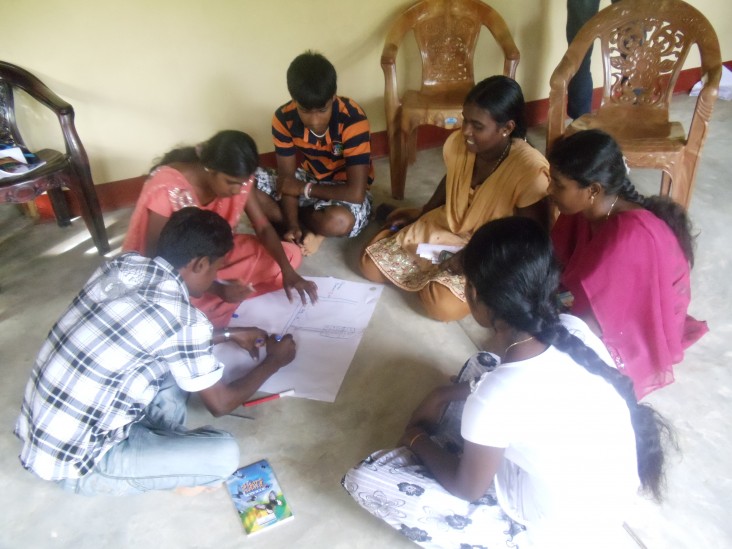
Following a USAID-backed training and career mentoring program, youth in eastern Sri Lanka are starting small enterprises-- a much needed step in an area still living in conflict's shadow.
“For a long time, we’ve been jobless, earning a little money during harvesting season and looking for other laboring opportunities. This training has given us new energy, strength and confidence,” said Kanthasamy Nishanthan, 22, from Marappalam. “We’ve started plumbing in our friend’s house and electrical wiring in our neighbor’s. Now we have a career path to ensure the survival of our families.”
Nishanthan is one of the many youth in eastern Sri Lanka still struggling to overcome the legacy of war. For more than two decades, Sri Lanka’s Eastern province witnessed brutal violence between government forces and insurgents seeking a separate Tamil state in northern and eastern parts of the island. Some Eastern province residents—on both sides—served as combatants while others suffered bloodshed, fear, quarantine, and expulsion as civilians. Economic recovery and reintegration since the war’s end nearly four years ago has been slow. With few prospects for steady employment, youth are left searching for day-labor opportunities and are vulnerable to poverty, exploitation, or antisocial behavior.
As part of a program to foster greater social cohesion and improve livelihoods in this region, USAID recently provided 57 young people like Nishanthan with skills training and career mentoring in order to open new doors for longer-term employment. This training focused on skills development in practical trades like plumbing, electrical wiring, and food preparation, and then linked the youth with local government personnel — first trained by USAID in career counseling — who will serve as mentors in the future. These new relationships between youth and local officials will also enhance community cohesion, something lost during the conflict.
The youth participants reported that it was not only their skills that improved; their attitudes toward the future also underwent significant changes.
“At the beginning of the training, I was nervous to interact with new people and in a new environment. However, by the end, my self-confidence improved,” said Kanapathipillai Jeyamalar, 25, from Vahaneri. “I have many new friends. We will work together to make and sell jewelry. I’m proud to say this will contribute to my family’s income.”







Comment
Make a general inquiry or suggest an improvement.